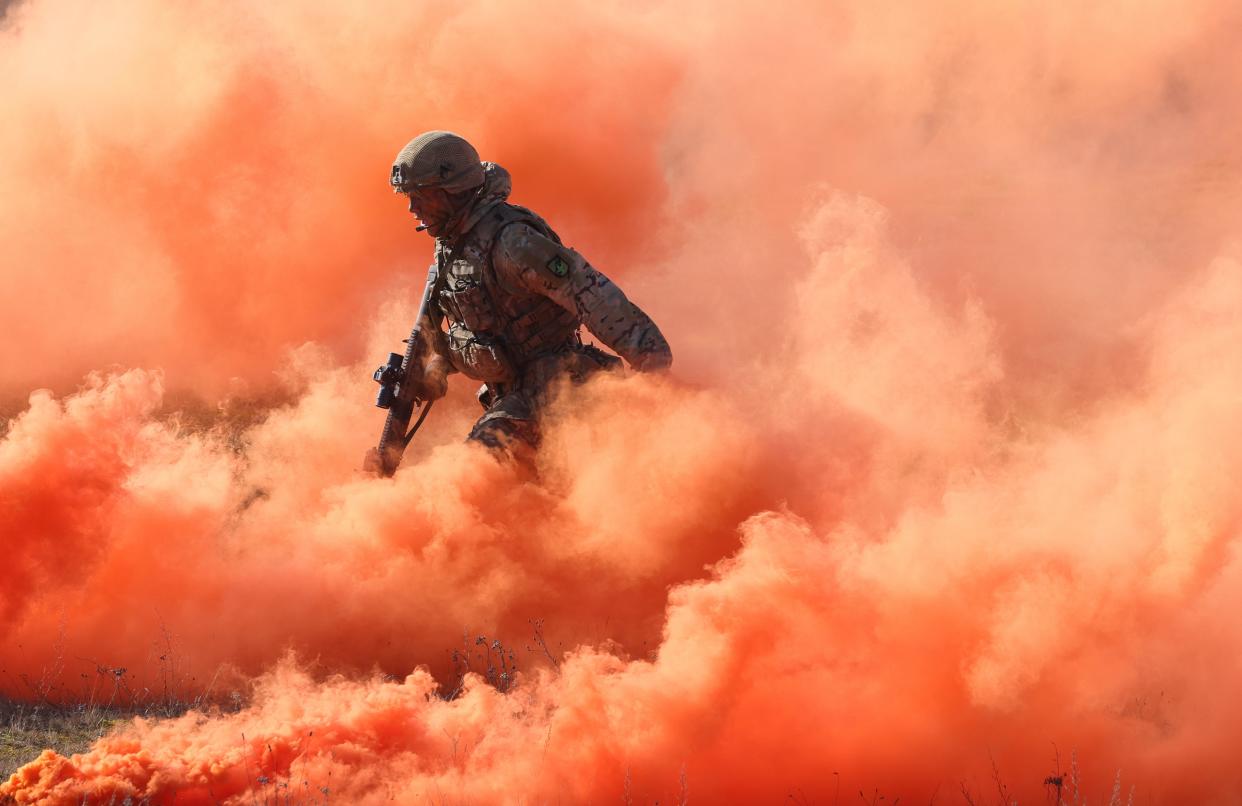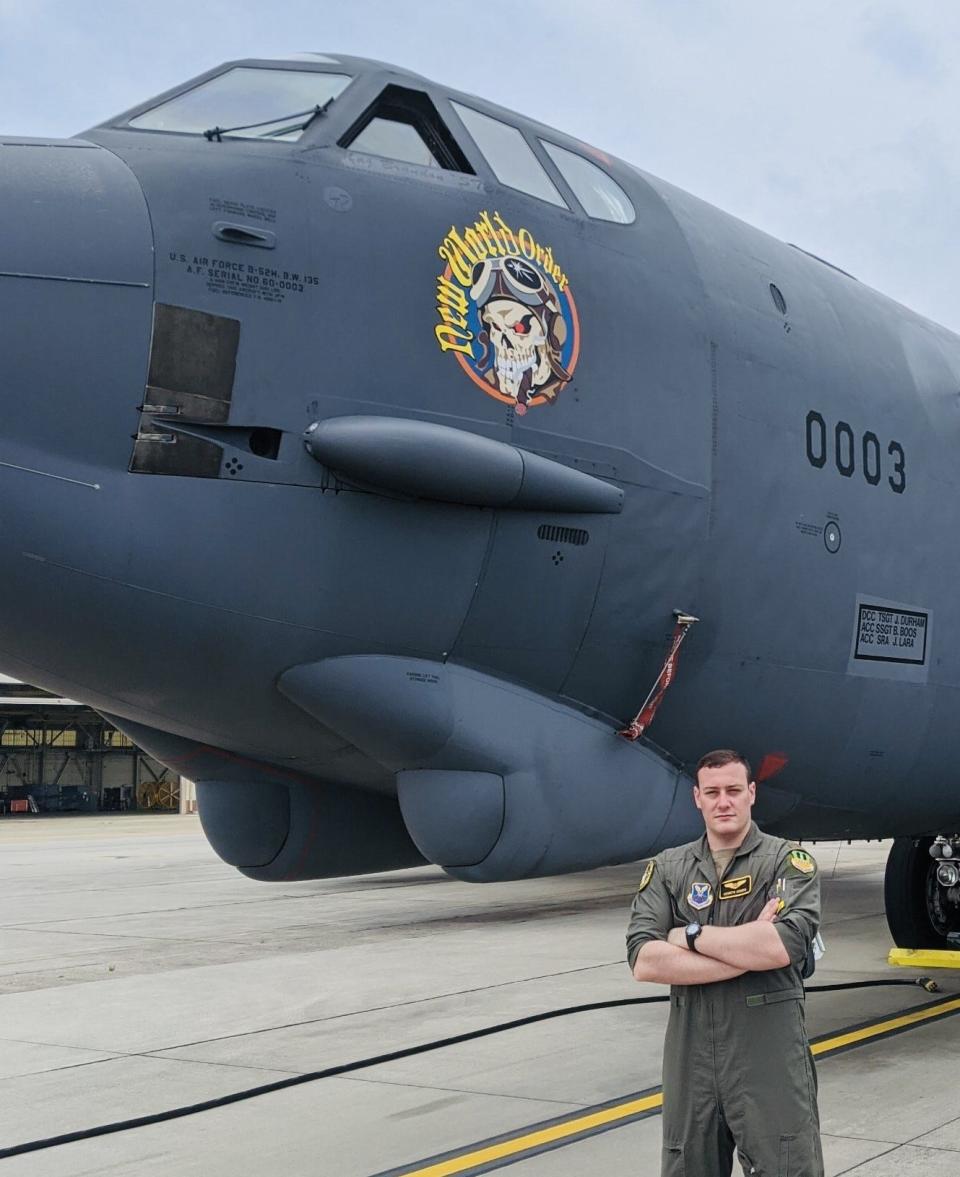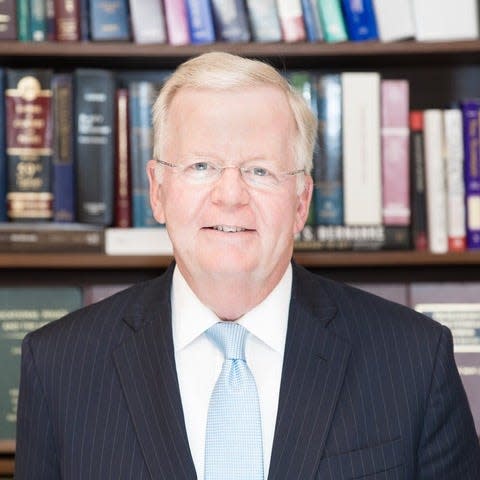NATO turns 75; The alliance has another birthday and for our sake, deserves plenty more.

Today, April 4, we celebrate the 75th anniversary of the North Atlantic Treaty Organization (NATO). This alliance has been the cornerstone of international stability since the end of World War II. Between 1949 and through today, an additional 20 nations have joined the original 12 countries making up the alliance, including most recently Sweden. With the expansion of threats around the world, NATO is more critical to US security interests today than ever before and will continue to provide a foundation for the future military and economic success, security, sovereignty, and self-determination of its 32 member nations.
Europe was devastated after World War II. The Soviet Union’s postwar expansion of influence in eastern Europe prompted Belgium, the Netherlands, and Luxembourg, to form a defensive treaty to counter the rise in Soviet influence. These nations invited the US and Canada to join, followed by seven other European countries. The primary objective was to form a defensive alliance to prevent the spread of communism and set the stage for rebuilding the war-torn continent. Though the beginning of the 21st century saw the collapse of the Soviet Union, the recurrence of Russian aggression reinforced the necessity of a strong NATO alliance.
Explainer: The Civics Project: What's NATO?
NATO was the first commitment in peacetime by the US to join a multinational defensive alliance. The most significant and powerful principle of the NATO Charter is the commitment that “an attack on one is an attack on all.” This provision of the treaty has been invoked just once, when NATO joined the U.S. in responding to the attack on our nation on 9/11 by al-Qaida. NATO’s collective commitment to engage in military operations outside of Europe emphatically demonstrated the relevance of this alliance in an age of changing threats that can originate from any part of the globe.
The NATO treaty established both a military and diplomatic structure. Military forces committed to NATO are under the command of the Supreme Allied Commander Europe at the Supreme Allied Headquarters Europe (SHAPE), who has historically been a US general. The diplomatic element was established in Brussels at NATO Headquarters, led by a civilian Secretary General.

NATO does not have its own forces but relies on the provision of forces by each of its member nations at their own expense. In recognition of this fact, NATO established an aspirational policy in 2014 that each country should strive to spend 2% of its Gross Domestic Product (GDP) for its military. This is not a “price of admission” nor is it money paid directly it NATO. It is a target to ensure that sufficient forces are available when needed by the alliance. As of this year, 18 of 32 NATO members are expected to meet the objective of spending at least 2% of their GDP on defense. This is a record.
More on NATO: Trump threatens to 'encourage' attack of NATO allies
NATO’s importance to continued stability has moved beyond simple collective defense. Its current role in support of Ukraine is a prime example. Although Ukraine is not a NATO member, the alliance’s role in orchestrating support to Ukraine demonstrates its relevance and effectiveness, all based on the consent of its 32 members. If Russia cannot be deterred and defeated in its invasion of a sovereign, European state, it brings the alliance and its members one step closer to direct military conflict with a Russia that seeks to expand its empire of tyranny, with Poland and the Baltic states likely in its crosshairs.
NATO today is a complex alliance that focuses on establishing stable and predictable relations among trading partners and a rules-based system of international law focused on democratic principles. U.S. leadership is today more important than ever. A strong NATO alliance sends a clear signal of deterrence to other nations such as China and Russia that seek to expand their influence militarily. Ensuring a strong collective defense and security through NATO has proven its worth for the past 75 years and, with continued U.S. participation and leadership, will do so for the next 75.

F. Andrew Turley, Major General, USAF (retired), is a member of The American College of National Security Leaders, a non-partisan organization composed of retired U.S. Generals, Admirals, Ambassadors, and Senior Government Executives devoted to ensuring a strong and effective national security and foreign policy.
This article originally appeared on Palm Beach Post: NATO anniversary points to its crucial role defending democracy

